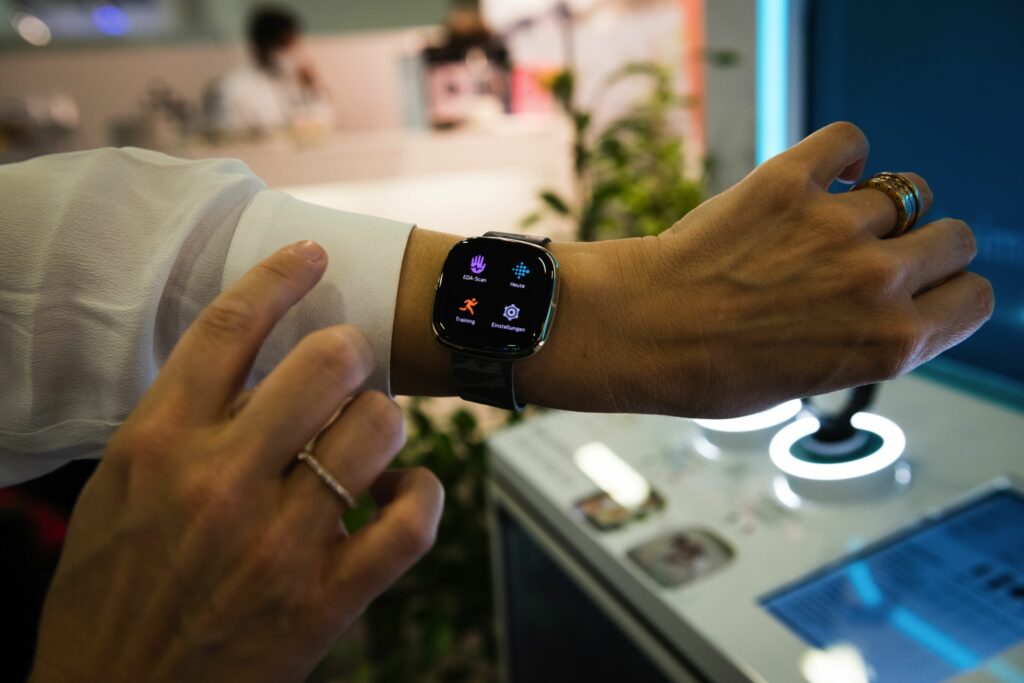A year ago, Google reported it planned to gain Fitbit for an astounding $2.1 billion. Promptly, the news raised security worries as Google is a tech giant with a great deal of advertisement information on the cusp of absorbing another company with a crowd of health information. The arrangement itself has been under some extraordinary investigation from controllers, yet today the EU said it’s allowed conditional approval.
For setting, the EU caused a ruckus almost immediately about the expected consolidation. Back in February, the European Data Protection Board cautioned that the obtaining was a significant security hazard and focused on that the consolidation would need to consent to the EU’s GDPR rules.
Google at that point attempted to urge controllers into endorsing the arrangement by promising it wouldn’t utilize Fitbit’s health information for focused advertising. EU regulators shot back by dispatching an enemy of trust test into the deal over the mid year.
The EU’s approval, however, accompanies some fine print. First off, Google needs to follow through on its vow not to utilize Fitbit wellbeing and GPS information in focused promotions. Google additionally needs to “maintain a technical separation” or a “data silo” for Fitbit information that is independent from Google advertisement information.
What’s more, clients in the European Economic Area (EEA) should be given a decision to pick in or out of offering their health and wellness information to other Google administrations, for example, Google Search, Google Maps, Google Assistant, or YouTube.
The EU likewise explicitly noticed that Google would need to keep up Fitbit’s web API, just as the Android API, to keep up sound rivalry in the wearable field.
Google needs to keep up these responsibilities for a very long time, and on the grounds that Google is quite a gigantic part in computerized promoting, the EU likewise expressed it reserved the option to additionally expand these conditions for an extra 10 years.
This is good news for Google (and Fitbit), as it implies it’s cleared a significant administrative obstacle and is one bit nearer to claiming the entirety of Fitbit’s sweet, sweet tech. Nonetheless, it actually needs to persuade different controllers in a few different nations.
The Australian Competition and Consumer Commission has likewise been investigating the deal. Before the end of last month, it distributed three recommendations intended to address security worries that are fundamentally the same as the EU’s conditions, remembering a 10-year ban for utilizing Fitbit information for focused advertisements and keeping up third-party access.
The greatest hurdle for Google may come from the U.S. In October, the Department of Justice and 11 states recorded an antitrust claim against Google. It’s likewise conceivable that Google could be pummeled with one more antitrust claim from another alliance of states as ahead of schedule as today.
While these suits are centered around Google’s strength in digital advertising and search, it very well may be difficult to get U.S. controllers to deliberately ignore in this atmosphere. In any case, the EU supporting the deal—even with caveats—may steer the result in support of Google.
Everything being equal, Alphabet, Google’s parent company, doesn’t appear to be excessively stressed. Letters in order CFO Ruth Porat disclosed to Bloomberg that she anticipates that the arrangement should be finished before the year’s over.
“We do still expect we are going to receive the necessary regulatory approvals to hopefully complete the transaction before the end of this year,” Porat told Bloomberg.
Disclaimer: The views, suggestions, and opinions expressed here are the sole responsibility of the experts. No Miami Times Now journalist was involved in the writing and production of this article.


